This Day That Year: When ‘hungover’ Gibbs helped South Africa chase down record 434
On March 12, 2006, South Africa stunned the sporting world when they chased down a world record 435-run target against Australia in an ODI at Johannesburg.
- Australia scored the first-ever score above 400 in the 50-over format with Ricky Ponting scoring 164.
- South Africa chased down the mammoth target with a wicket in hand and a ball to spare.
- Herschelle Gibbs, who was nursing his hangover, smashed 21 fours and seven sixes for 175 off 111.
Trending Photos
) Herschelle Gibbs celebrates after South Africa beat Australia (Source: Twitter)
Herschelle Gibbs celebrates after South Africa beat Australia (Source: Twitter) Exactly 15 years ago, on March 12, 2006, South Africa stunned the sporting world when they chased down a world record target against Australia in an ODI at Johannesburg.
World champion Australia had posted a then world record score of 434/4 in its first innings. But what shook the cricketing world was the fact that the Proteas chased down the mammoth target with a wicket in hand and a ball to spare.
Interestingly, the historic match was part of the five-match ODI series and South Africa had wasted a 2-0 lead opportunity in the series. They were staring at a 3-2 defeat when Australia scored the first-ever score above 400 in the 50-over format with Ricky Ponting scoring 164.
But the game wasn’t over yet as the hosts were not going to give up so easily and it was their star all-rounder Jacques Kallis who chipped in with a few words to get the other players out of their shells.
“OK, guys, I think the bowlers have done their job. Now it’s up to the batsmen. They’re 15 runs short; this is a 450-wicket,” Jacques Kallis said something to that effect.
“Suddenly there was a lot of laughter and plenty of swearing, but at least it wasn’t bottled up inside. We had nothing to lose. What the hell — let’s give it a go. Before that moment, I don’t believe anybody would have even talked about trying to win. It seemed too ridiculous,” Mark Boucher, wicket-keeper at the time, wrote in his autobiography ‘Bouch: Through My Eyes’.
Coming to the chase, South Africa skipper Graeme Smith provided an electric start with a 55-ball 90 comprising 13 fours and two sixes, while Herschelle Gibbs smashed 21 fours and seven sixes for 175 off 111 balls that helped South Africa not only cross the line but clinch the series 3-2.
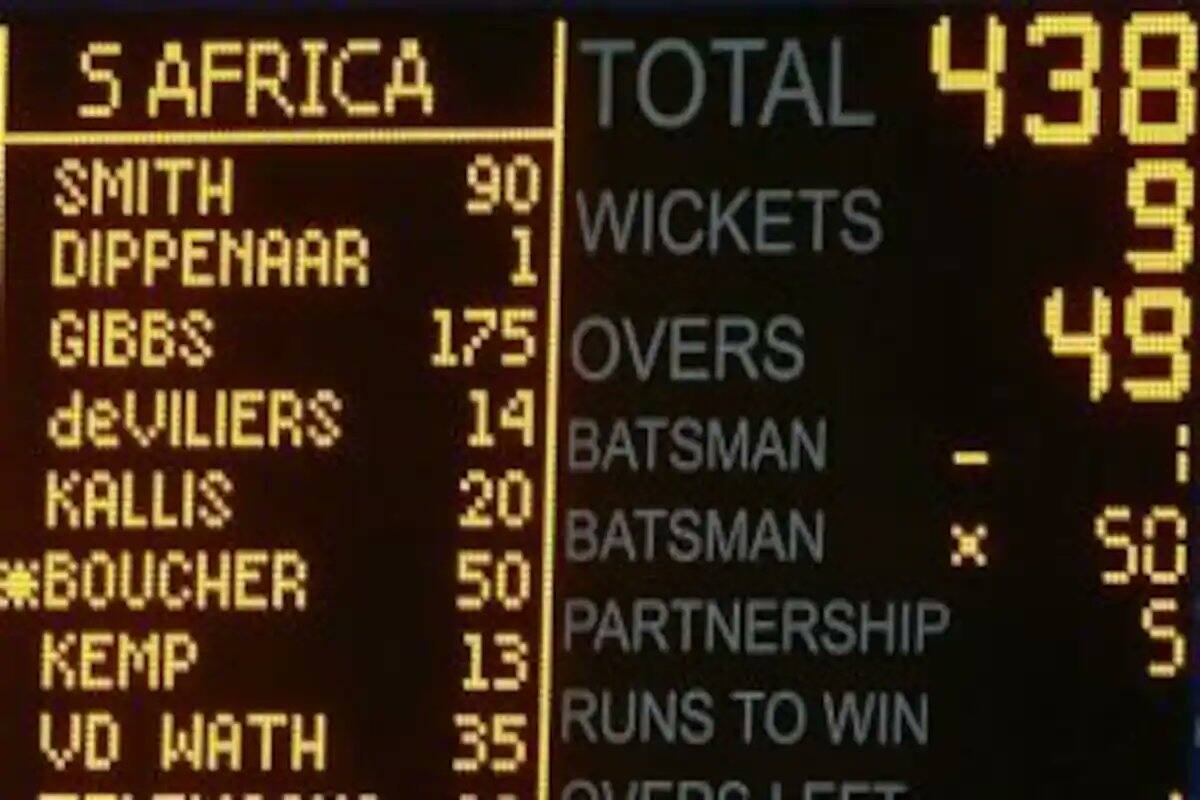
Notably, the duo stitched an incredible 187-run stand for the first wicket partnership to help the hosts reach 200 in just the 24th over. However, Australia did bounce back in the game and removed Gibbs, AB de Villiers (14) and Jacques Kallis (20) in quick succession to move into a dominant position in the series-decider.
The Proteas still needed over 100 runs off just 13 overs with a required run-rate of eight runs per over. And this was before the advent of T20 cricket.
This is where South Africa’s wicketkeeper-batsman Mark Boucher stepped up and took over the mantle after Gibbs was dismissed.
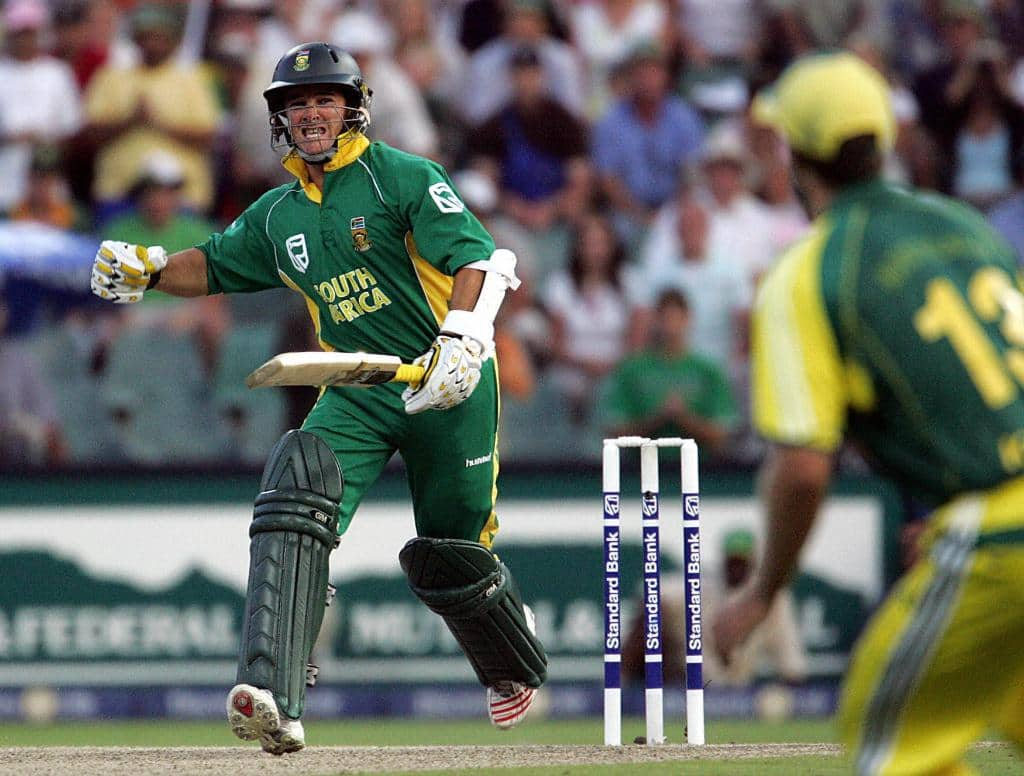
While the runs kept coming, South Africa lost wickets at regular intervals, until Makhaya Ntini was the last man to walk in. But Boucher made sure that South Africa creates history as he smashed the winning run off Brett Lee as the Proteas chased down the highest ever total in ODI.
‘Hungover’ Gibbs played the best innings of his life
Gibbs later revealed in his autobiography 'To the Point: The No-Holds-Barred Autobiography' that he was hung-over after he drank a lot the night before the game.
The Australians and South Africans were put up in the same hotel at Johannesburg — Sandton Sun. Michael Hussey and Nathan Bracken set out for dinner on the night before the match and found a tipsy Herschelle Gibbs with a glass of wine in his hand. When Hussey and Bracken came back three hours later, they noticed Gibbs’s ongoing revelry by the watering-hole.
“Just before I went to bed an hour later I looked over the railing outside my hotel room and there he was, still in that spot. At least he was a free wicket,” writes Hussey in his autobiography Underneath the Southern Cross. If only he was as good a clairvoyant as the batsman he was.
Not so surprisingly, the then South African pair of captain and coach, Graeme Smith and Mickey Arthur, was dissapointed when Gibbs turned up half-drunk at the breakfast table next morning. Apparently, he’d snuck into his room only an hour earlier.
Smith and Arthur were inclined to wielding the axe over Gibbs, but a flatter Wanderers turf and a short boundary at one side begged for his presence in the middle. So, Gibbs was finally named in the squad and the rest is history.
Stay informed on all the latest news, real-time breaking news updates, and follow all the important headlines in india news and world News on Zee News.
Live Tv



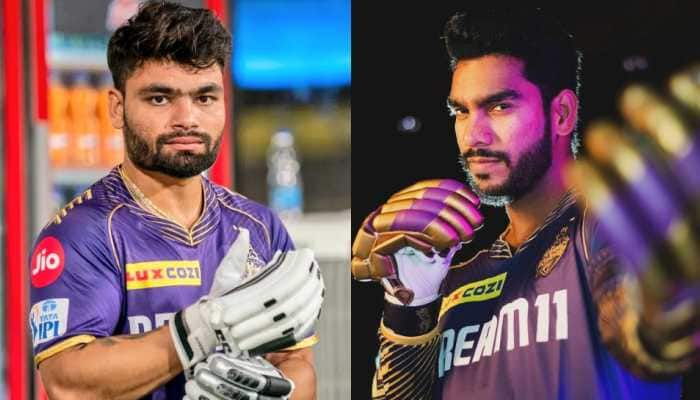
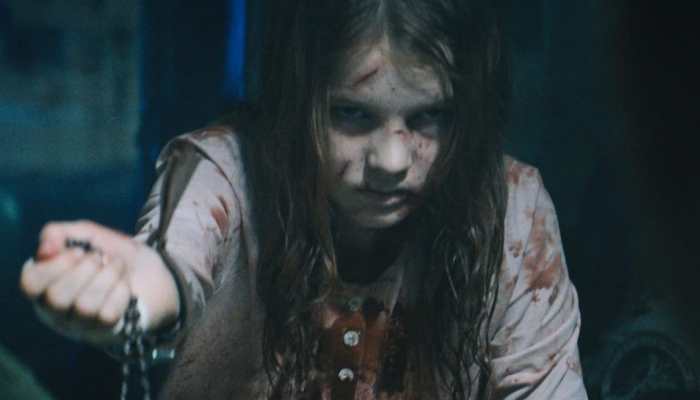

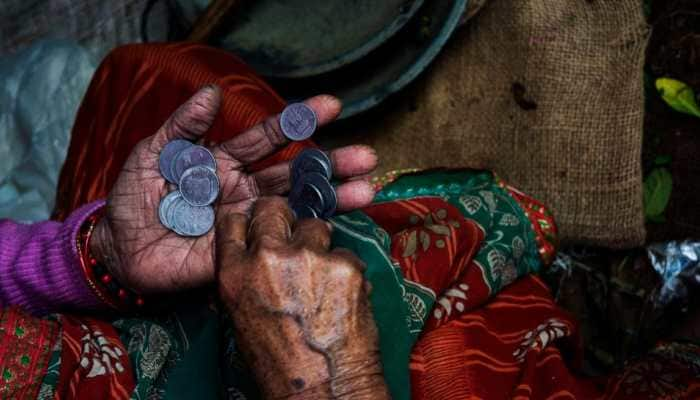
)
)
)
)
)
)
)
)
)
)
